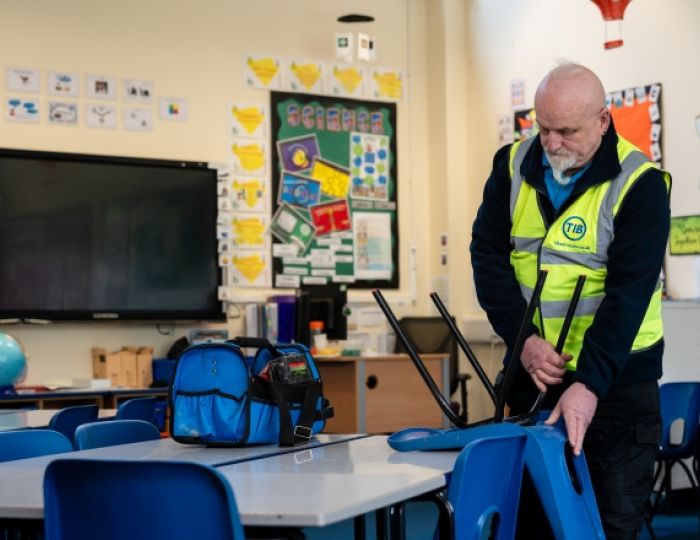When speaking of Ofsted, the most frequent complaint I hear is that they make a judgement following a snapshot observation that does not fairly reflect the broad range of lessons and activities at the school.
Yet schools continue to make these same snap judgements internally through the process of formal observations for teachers.
For years, teachers have been assessed through formal observations, where one member of the leadership team (often the Head) sits, watches and makes a judgement on them that can have an impact on their pay, progression and sense of self-worth.
There is an inevitable fear and build-up of stress that comes with this, that ensures the observer will see something that bears little resemblance to the teacher’s usual practise.
Moreover, children do not behave in the same way in their presence. This disregards the build-up of a relationship between teacher and students; the fine balance of trust that allows things to get done; as well as the great work achieved throughout the year.
Instead, it limits a teacher’s performance to a snap judgement, often followed by feedback that is both insulting and impractical to implement: insulting in that the observer, in one hour, can provide insights that trump the days, weeks and months that a teacher puts in with their class and impractical for the same reasons.
As far back as 2014, the Sutton Trust report, What Makes Teaching Great, stated that classroom observation was successful in judging the impact on student learning around 60 per cent of the time: that is, mildly more effective than simply tossing a coin!
Yet, observations have played a critical part of mine, and my colleagues, performance management since I qualified as a teacher (incidentally, also in 2014).
This is not to say that the Head and leadership team should not be a regular feature of every classroom: they should. Only this way can they start to build an idea of what the school experience is like for teachers and children.
However, it should not require a formal one hour test of the teacher for the Head to say, with confidence, that they are happy with their performance.
They should know this because they are regularly an active part of these lessons, of interventions, of clubs, play rehearsals, assemblies, parent meetings, subject leadership etc.
Rather than providing feedback, they can be seen to lead by example, building respect and camaraderie with the teachers.
This, over time, removes the stigma and stress of appearances in the classroom from the leadership team, normalising it and allowing them insights in to what real lessons and learning look like.
Where an observation can have a genuine impact on teaching practice, is where they are conducted between equals.
Teachers who trust each other are more likely to show each other real lessons (not observation ready ones) and give each other genuinely usable feedback without fear of any career (or pay) threatening judgements at the end.
To do this, teachers need to be encouraged to visit each others classes. Leaders can facilitate this by covering their classes during the time they might themselves be sat in a lesson observing.
Teachers can inspire each other through mutual respect in shared practice; the leadership team (particularly in a formal setting) are more likely to inspire fear.
Louis Walker is a primary school teacher










